Chinese pageant winner Jean Dong’s meteoric journey to influence
Dong Jin’s beauty queen triumph was an important step in her transformation into Chinese influencer Jean Dong.
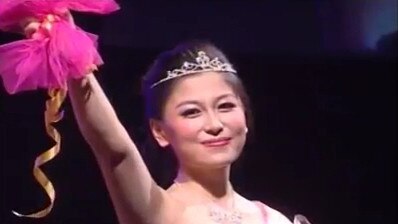
“We’ve now reached the most exciting part of the competition — we are about to award the crown of Miss Chinese Cosmos Pageant 2011, and the winner is … contestant No 5, Dong Jin.”
The Crown casino ballroom in Melbourne erupts and the newly crowned queen radiates confidence, waving and soaking in the adulation. A sash, tiara and a giant $10,000 cheque are handed to Dong Jin, the young woman who, the hosts note, prevailed after an exhaustive five rounds of questions that “definitely weren’t easy”.
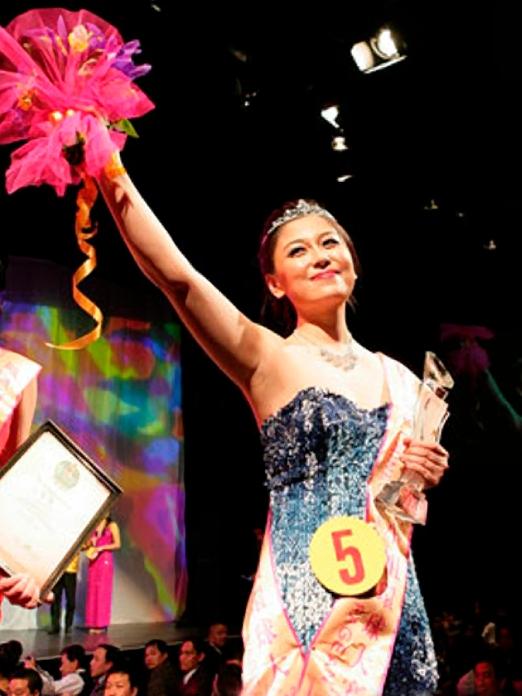
As the victor, she would go on to represent Australia in the Asia-Pacific finals of the pageant in New Zealand. Dong Jin’s crowning glory was an important step in her transformation into Jean Dong, who in 2011 was getting ready to embark on a self-proclaimed “journey of influence”.
It’s a road that in the past week has seen her emerge as a central figure in the political row over Victorian Premier Daniel Andrews’s decision to sign up to China’s Belt and Road Initiative.
The Chinese-born former Adelaide University commerce student always seemed destined for bigger things. Her vanity biopic on YouTube says she started playing the piano at the age of three, and was soon playing at the “highest level”.
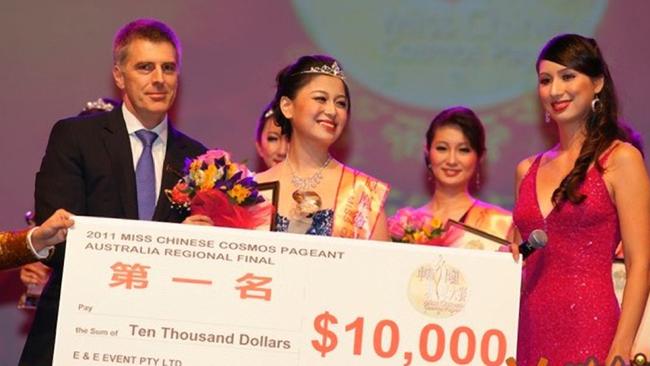
By 11, she was, by her account, challenging old Chinese media rules and opening the doors “for thousands of youth to raise their voices”.
And at 21, Dong says she was an emerging figure within consultancy PwC and “convinced the PwC Australian leadership to consider Asia growth as a priority strategy”.
Intelligence, drive, dynamism and relentless networking were Jean Dong’s door-openers as she moved to Melbourne and rapidly made her dream of becoming a successful businesswoman and influencer come true.
She easily rubbed shoulders with political leaders, including Malcolm Turnbull and former NSW premier Bob Carr, during this period.
Among the opportunities that winning the 2011 pageant afforded the 24-year-old was a return ticket to the following year’s event to hand over the crown to the next winner.
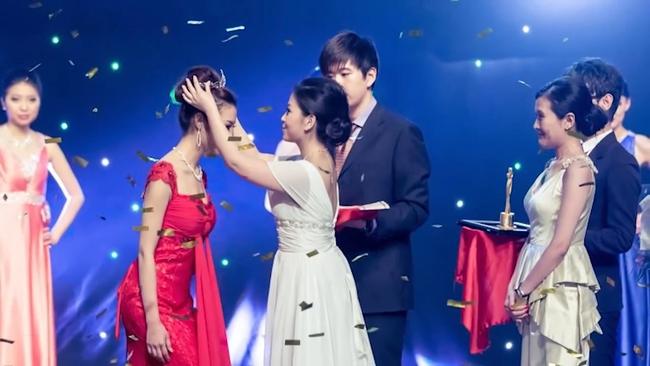
New alliances
In 2012, as she sat in the audience as the reigning pageant queen, Dong was in the company of two other Chinese Australians emerging in Victorian politics — Mike Yang and Gladys Liu.
Yang was the China adviser to then opposition leader Daniel Andrews.
He held the job from 2011-13, and is credited with being the architect of the now Premier’s strong and enduring — and now controversial — bond with the Chinese communist government.
The next year, Yang would accompany a youthful Andrews on an official trip to China, the pair photographed smiling on The Great Wall.
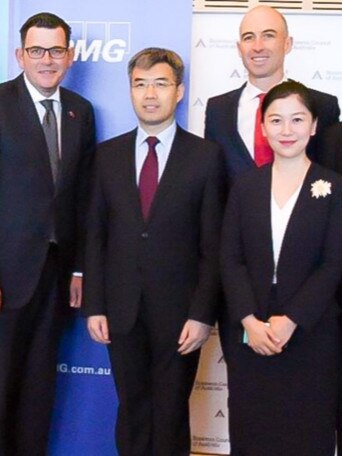
Liu, now the federal Liberal MP for the eastern Melbourne seat of Chisholm, was then an adviser to Victorian premier Ted Baillieu.
Two years later, while Liu was working for Baillieu’s successor, Denis Napthine, Dong would describe herself in a profile for the October 2014 Australia-China Youth Dialogue as being “heavily involved in advising (the) Victorian state government on Australian-Chinese engagement”.
Liu worked for the Victorian Liberal Party from 2007-2014, running as an upper house candidate at the 2010 and 2014 state elections, having become known for her prodigious ability to raise funds and mobilise support from Melbourne’s Chinese community.
She came under fire last year after she failed to explain why she had been listed as a member of organisations linked to the Chinese government’s foreign interference operations when nominating to run for Chisholm.
In an interview with Sky News host Andrew Bolt, Liu refused to condemn Beijing’s actions in the South China Sea and continually evaded a question about whether she believed Chinese President Xi Jinping was a dictator.
Yang and Liu may have shared a Chinese heritage but they were drawn to different sides of politics. Ultimately, though, they would share very similar political problems: being at the centre of accusations they were pushing a pro-Chinese Communist Party agenda through Australia.
Chinese-language reports place them both at the 2012 gala event with Dong.
It is unclear if they met that night. While Dong, Yang and Liu were in the room, several other Chinese-Australians, who have since emerged as characters of interest in Chinese-Australian relations, were also involved in the pageant and its broadcast.
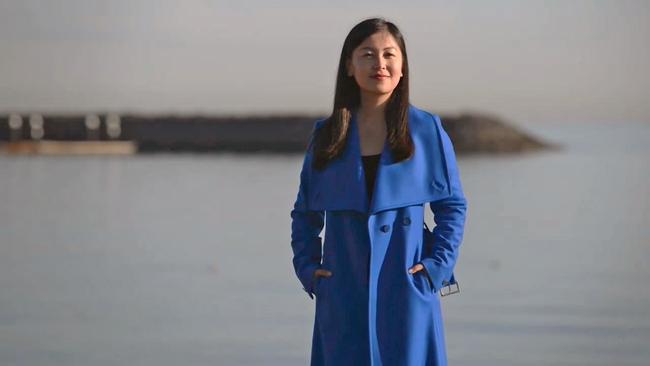
The year Dong was crowned Miss Cosmos, the event was organised by then general manager of Ostar, Holly Zhenghong Huang, who would later become one of exiled billionaire Huang Xiangmo’s key lieutenants.
Xiangmo was barred entry to Australia after the government rescinded his permanent residency in December 2018 following advice from ASIO over possible foreign political interference.
Huang later became general manager of Xiangmo’s property development company Yuhu Group.
Media mogul Tommy Jiang had taken the reins of Ostar by the time Dong returned to the Miss Cosmos pageant as the reigning queen.
The political donor until last year also ran a global Chinese-language media company in conjunction with the Chinese Communist Party.
Company records show Global CAMG Media Group is 60 per cent owned by Guoguang Century Media Consultancy, a subsidiary of state-owned media company China Radio International.
Jiang seems to have taken a move back from his media empire, stepping down as director of Ostar and CAMG last year, according to company records, although 10 radio licences remain in his name.
As well as being behind the Miss Cosmos beauty pageant, Jiang is credited as co-producing a video of Dong that championed her as an example of Chinese student excellence.
The Ostar-run Australian China Elite Business Awards donated $260,000 to the Labor Party in 2013-14, but Jiang is quoted in a Fairfax media article as saying he had donated to both sides.
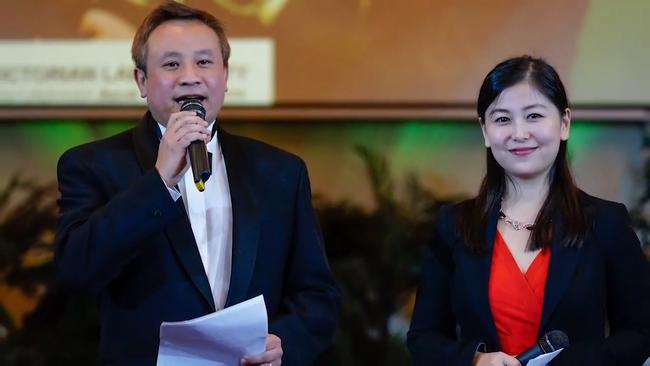
China meeting
In 2014, it can be said with certainty that Dong and Yang had come into each other’s orbit again.
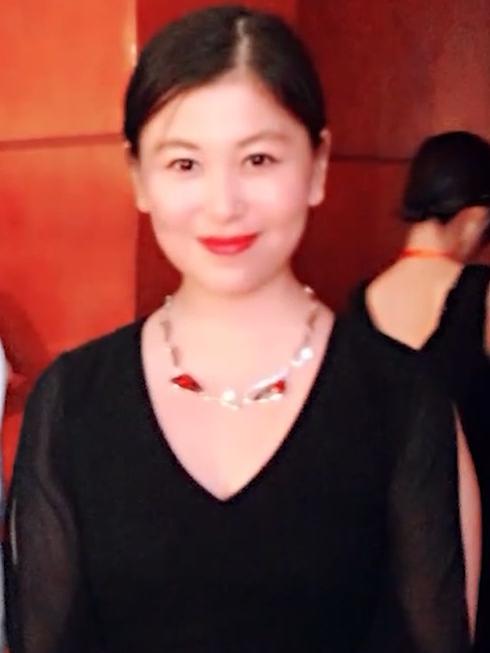
Both attended the Australia-Chinese Youth Delegation in Beijing. Yang had left Andrews’s office in 2013 but maintained good relations with his former boss, who in 2014 would be elected premier.
Dong, who says she worked as a “volunteer” journalist, presented to the delegation on the future of media.
She has dodged questions this week as to whether she met Yang on this trip, which was attended by up to 30 young people, saying only: “Mike Yang had left the Victorian government when ACBRI was asked to advise on BRI opportunities.”
Belt and Road
On November 2, 2015, the 28-year-old established one company whose mission statement was crystal clear — Australia-China One Belt and One Road Initiative Ltd. Dong was the director, shareholder and secretary of this company.
Australian businessmen were appointed to the advisory board, and later two former federal ministers — then Liberal trade minister Andrew Robb and Labor finance minister Lindsay Tanner — would join the board.
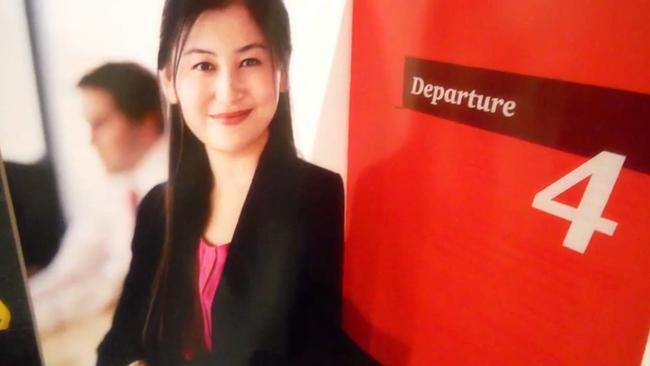
Both, according to Dong, are paid nothing for their roles on ACBRI.
In 2016, trading as ACBRI, it quickly started building a profile from scratch.
Its rise to prominence was, in fact, exceptionally fast.
By May 2017, a little under 18 months after Dong formed ACBRI, she was flying, moving in the same circles as Andrews.
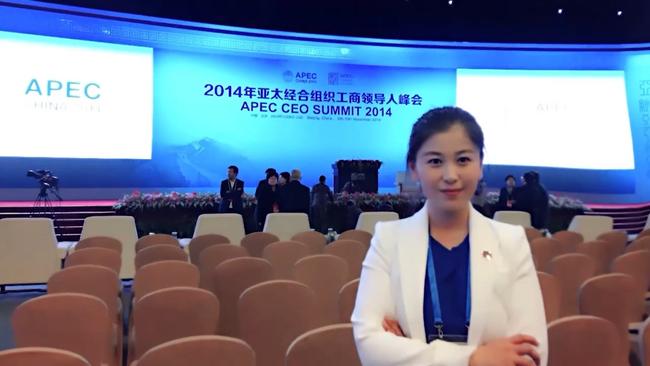
Dong boasted on a website linked to the Chinese consulate that ACBRI had been appointed as a consultant by Andrews to advise his government on what at that stage were secret negotiations to sign up to China’s global investment scheme, which critics claim is more about spreading ideology and power.
The website post states: “In May this year (2017), the centre (ACBRI) was appointed as a consultant unit by the Premier of Victoria.
“The next step will be to assist the state government to sign a co-operation agreement with the National Development and Reform Commission and to set up the ‘belt and road initiative’ office.
“The centre will be responsible for planning and implementing specific projects, and strive to make Victoria a model for Sino-Australian ‘belt and road initiative’ co-operation.”
Dong even pulled off a coup, getting the Premier to address an ACBRI event. The company’s website shows photos of Andrews and Dong together.
While the date of the event is unclear, the website, which was pulled down this week, quoted the Premier talking about a “new energy” in Chinese-Victorian relations.
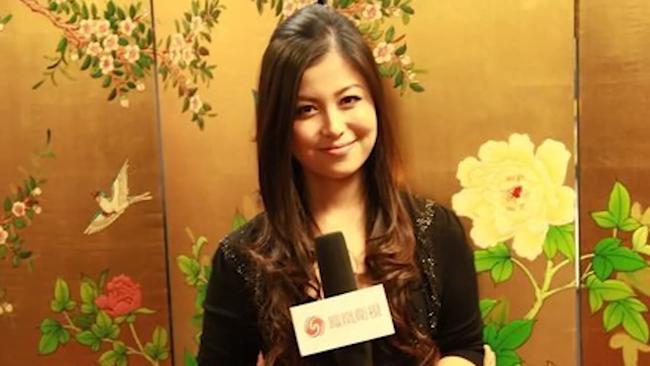
Government grants
The blossoming relationship between Dong’s company and the Labor government was cemented with the granting of two taxpayer-funded, and undisclosed, consultancies totalling $36,850.
By now, Dong’s company was promoting China’s mega global play to the Premier and also being paid by his government to provide advice on the deal.
The ACBRI website says in 2015 Dong was invited to meet Mr Xi and was also invited by Australia’s then trade minister Robb to witness the signing of the ChAFTA trade deal.
By her own measure, Dong was rocketing along.
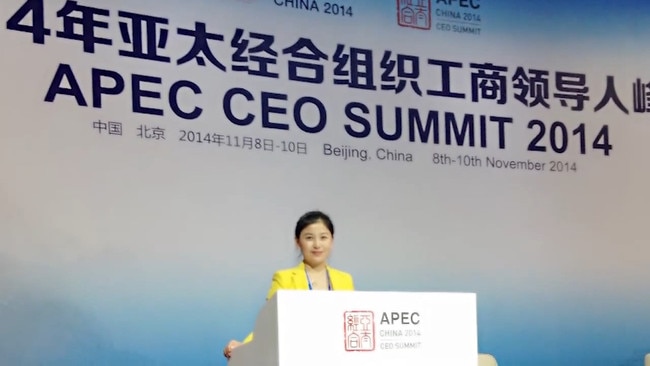
Experienced China watchers in Australia have been watching Dong’s progress closely over the past few years.
They describe her self-promotion as “brazen” and consistent with someone wanting to impress decision-makers in Beijing with her network of contacts in Australia.
One observer said she had gained a reputation in parts of the federal public service as being “pushy” and had a reputation for trying to “insinuate herself into meetings”.

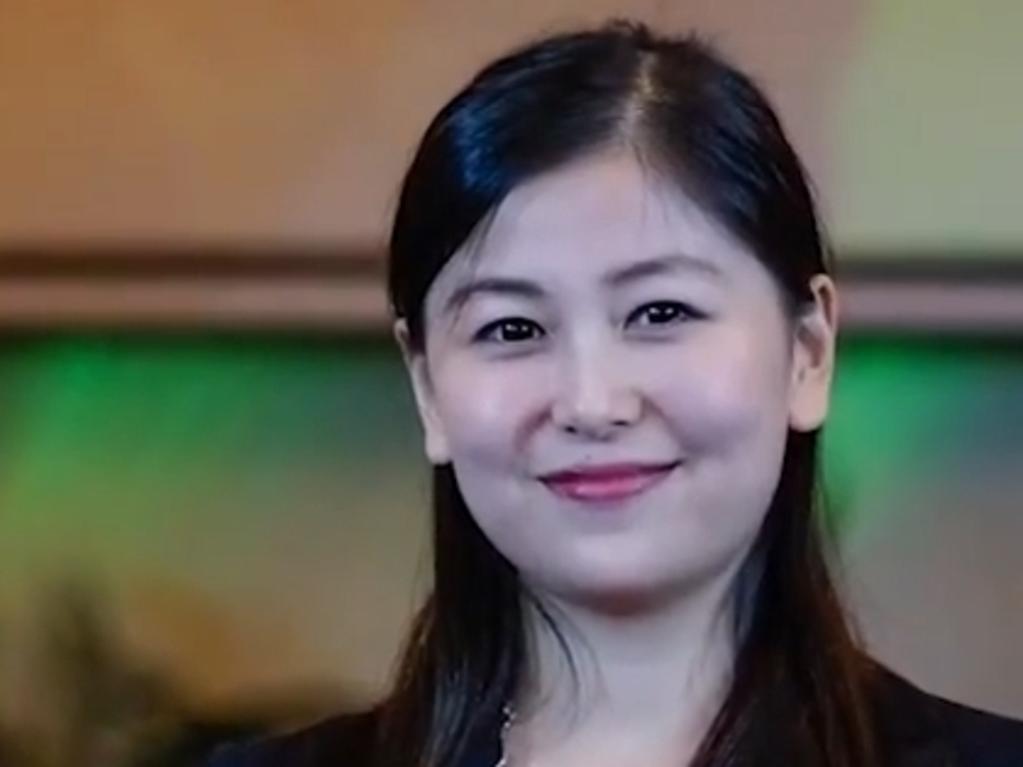
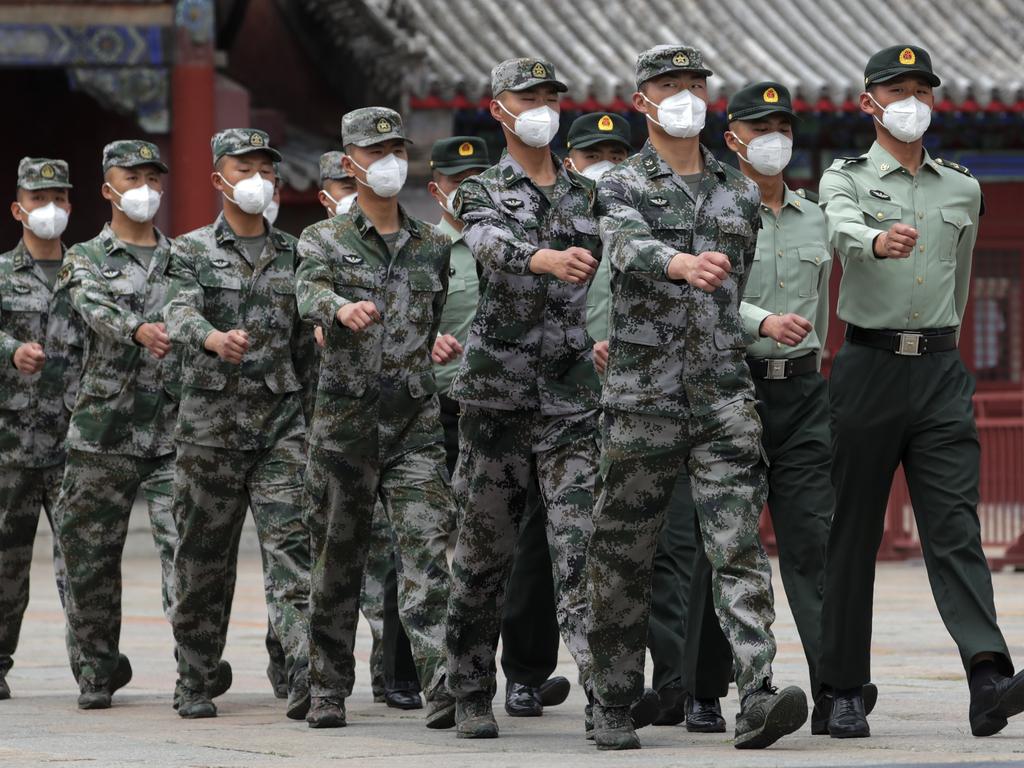

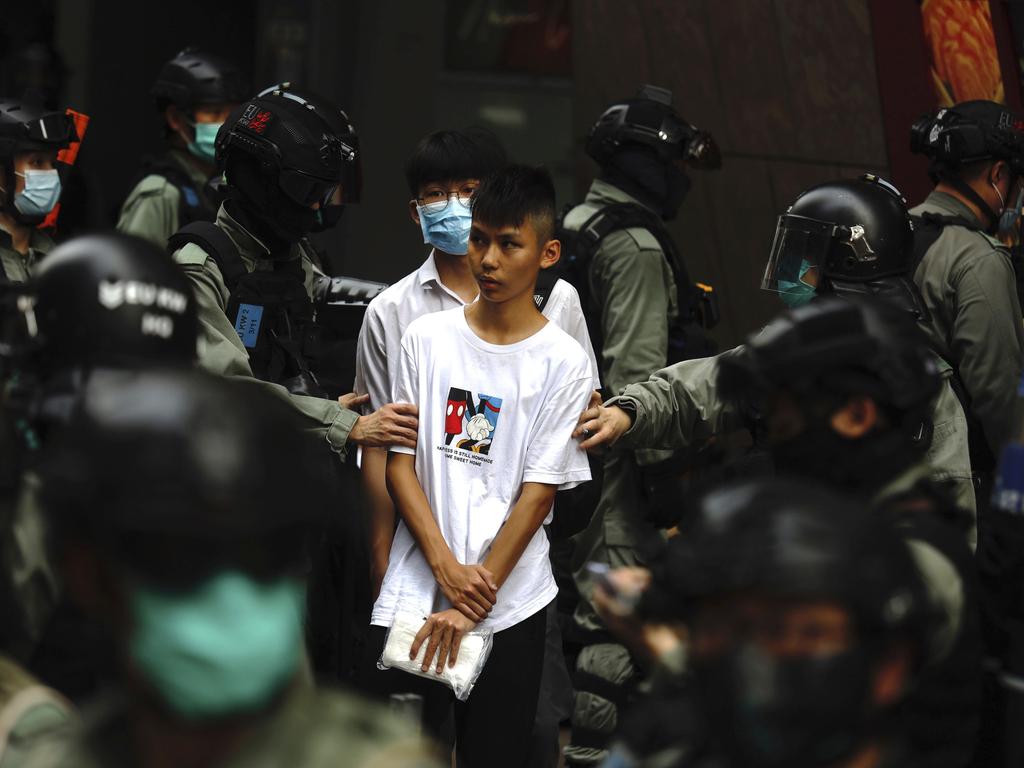


To join the conversation, please log in. Don't have an account? Register
Join the conversation, you are commenting as Logout